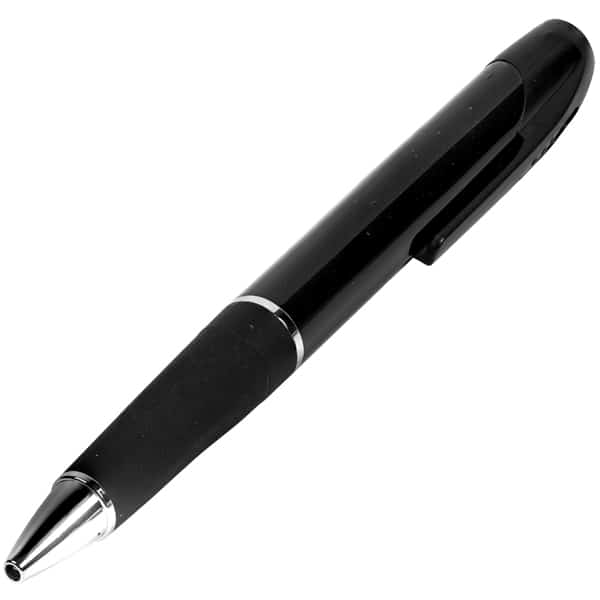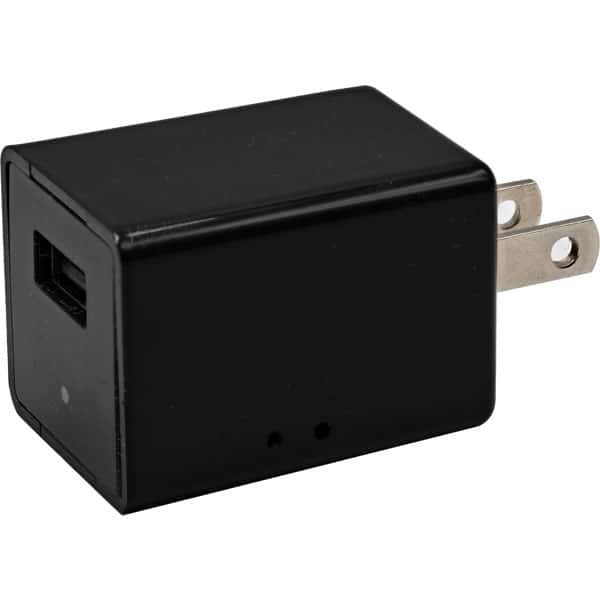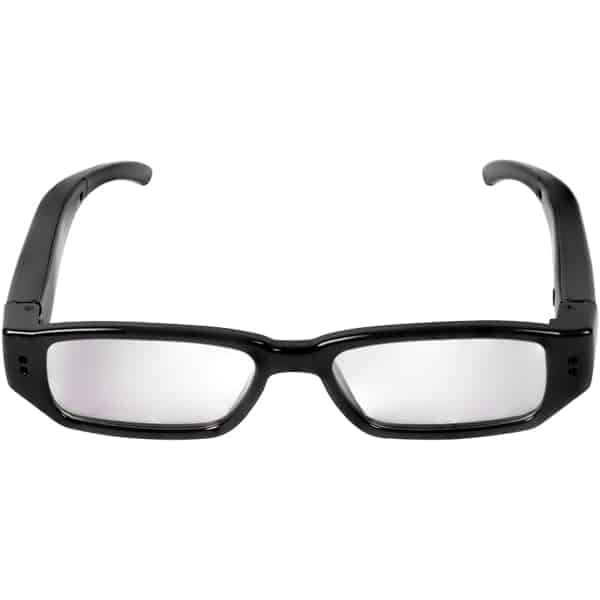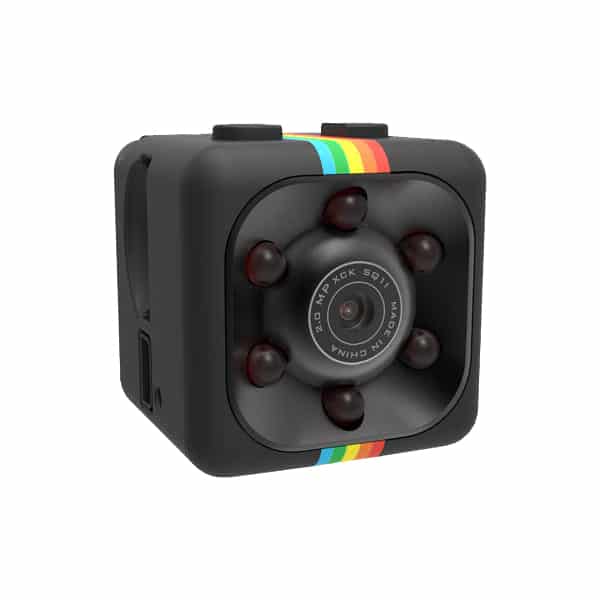

You’ve probably heard about the theory that hidden cameras in the workplace are more than just eyes in the sky; they’re changing how businesses handle surveillance.
But what’s the real story behind this trend? As you dive into the delicate balance between surveillance benefits and privacy concerns, you’ll see that dealing with the legal landscape is just the start.
Creating policies that balance security needs and employee rights presents a unique challenge. The future of workplace surveillance is up in the air, and it’s time to think about where you stand.
Will the benefits outweigh the concerns, or will privacy rights be more important?
Navigating workplace surveillance can be tricky, so it’s important to know that state laws dictate using hidden cameras. Employers must have a valid reason for using them, and these laws aim to balance the need for surveillance with your right to privacy. You should always be informed if there’s any surveillance, including video recording, to protect your privacy and prevent legal issues.

Hidden cameras are typically used for security and theft prevention, but they must comply with privacy laws to protect your rights. Employers who don’t clearly communicate their surveillance practices could violate your privacy rights and face legal consequences.
Employers should do a legal review and seek professional advice to understand surveillance laws fully. This ensures that you and your employer know the legal limits of using hidden cameras. Transparency in informing employees about surveillance practices is crucial for maintaining trust and legal compliance, preventing unintentional breaches of privacy laws.
Hidden cameras in the workplace provide a discreet way to monitor activities, ensuring security and adherence to company protocols. These surveillance cameras are crucial in various areas within your organization. They require a delicate balance between safeguarding assets and respecting employees’ privacy, a balance that heavily depends on state regulations.
Employers use hidden cameras for various reasons. They are not just for monitoring; they are for protection. By installing these cameras, you can prevent theft, identify safety issues that could lead to injuries, and deter inappropriate conduct among staff. It’s not just about watching; it’s about creating a safer, more compliant workplace.
Remember, the benefits of these cameras go beyond catching wrongdoers. Surveillance footage can be essential evidence in investigations and disciplinary actions, helping to resolve conflicts and ensure fairness in decision-making.
However, it’s crucial to handle this technology carefully. While the benefits are clear, diving into surveillance without considering the legal landscape and state regulations can lead to complications. It’s about finding that sweet spot where you protect your company’s interests without infringing on employees’ privacy rights.
When employers decide to use hidden cameras to monitor the workplace, they must also consider the privacy concerns it raises among their employees. Balancing the need for security with respecting employee privacy is a tricky issue. Misusing hidden cameras can result in serious legal trouble, underscoring the importance of handling the ethical implications thoughtfully.

You should expect a certain level of privacy in specific areas of your workplace. When hidden cameras cross these boundaries without your knowledge, it doesn’t just raise privacy concerns; it can also create trust issues that are difficult to repair.
Transparency is crucial in maintaining a healthy workplace culture, and any surveillance method should carefully consider the ethical implications and the potential impact on employee privacy. Balancing the business’s security needs with employee rights is not just a legal obligation but also a crucial way of showing respect and appreciation for the individuals who contribute to the company’s success.
Implementing clear workplace surveillance policies is crucial to ensure employees understand what to expect regarding their privacy and security. When you set up policies for workplace surveillance, it’s important to clearly state where surveillance cameras are placed and explain their purpose. This transparency helps prevent misunderstandings and potential privacy violations.

Having clear policies isn’t just about making rules; it’s about safeguarding employees while ensuring the organization complies with regulations. Training employees on these surveillance policies is a vital step in promoting transparency. It’s one thing to place cameras around the workplace, but it’s equally important to ensure everyone understands why they’re there and how they help create a safer work environment.
Additionally, compliance doesn’t stop with a one-time policy release. Regularly reviewing and updating your surveillance policies is essential. This isn’t just about adapting to new technologies or regulations; it’s about continually safeguarding employees and the organization. Remember, as you implement these policies, it’s not only about monitoring or security. It’s about establishing a transparent, safe, and compliant workplace where everyone knows their rights and the measures to protect them.
You’re wondering if it’s legal for bosses to use hidden cameras at work. It will always vary by state, so you’d better check local laws to be sure.
Yes, your boss can legally watch you on camera in most areas, except private spaces like restrooms. They’re usually required to inform you about the surveillance, but laws vary by state.
You can’t legally be monitored by your boss in private areas like restrooms or changing rooms. They must also inform you about any surveillance, including cameras, to respect your privacy rights.
Pepper Spray Wholesale provides non-lethal self defense products and hidden cameras for you, your loved ones and your home. If you have any questions about the products, do not hesitate to Contact Us. Stay Safe!
Pepper Spray Wholesale
1867 Caravan Trail
Ste 105
Jacksonville, FL 32216
Call us toll free: (800) 859-5566